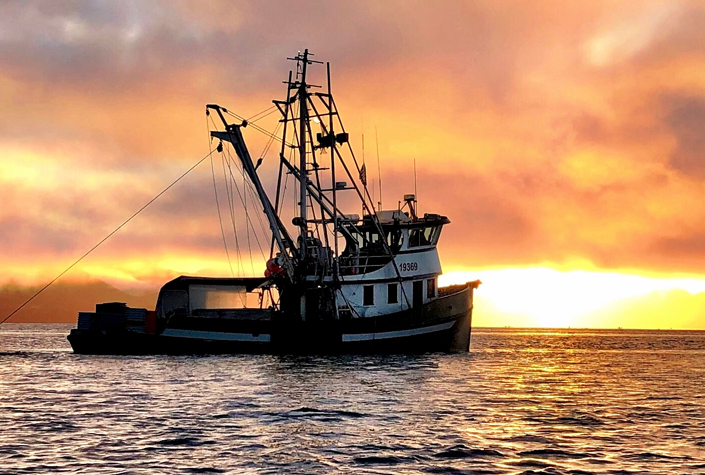A&M-led team will develop models, tools to sustain West Coast fishing

Climate change is posing new threats to West Coast communities dependent on fisheries. A new National Science Foundation Convergence Accelerator-funded research project led by Texas A&M University scientists is tackling those challenges with a power-house multidisciplinary team and cutting-edge modeling and decision-making technologies.
The project is a large multi-institutional endeavor, led by Piers Chapman, research professor in the Department of Oceanography at Texas A&M, College Station, and brings together scientists from academia, federal agencies, and industry.
“We will develop new models and tools that will help keep California, Oregon and Washington coast fisheries communities sustainable in the face of ongoing decadal-scale climate change,” Chapman said.
NSF’s Convergence Accelerator Program aims to produce tangible solutions to national-scale societal challenges that cannot be solved by single disciplines but require innovative ideas, approaches and technologies from a wide, diverse range of sectors and expertise. Aligned to the program’s 2021 cohort, the project will last for one year and is funded at $750,000. If successful, the team will be eligible to compete for an additional two-year project funded at up to $5 million.
Climate change-driven adverse ocean impacts are already hitting many coastal, fishing-dependent communities, including fishing-dependent Tribal Nations located on the U.S. West Coast, and these adverse impacts will likely accelerate for the foreseeable future, the researchers said.

